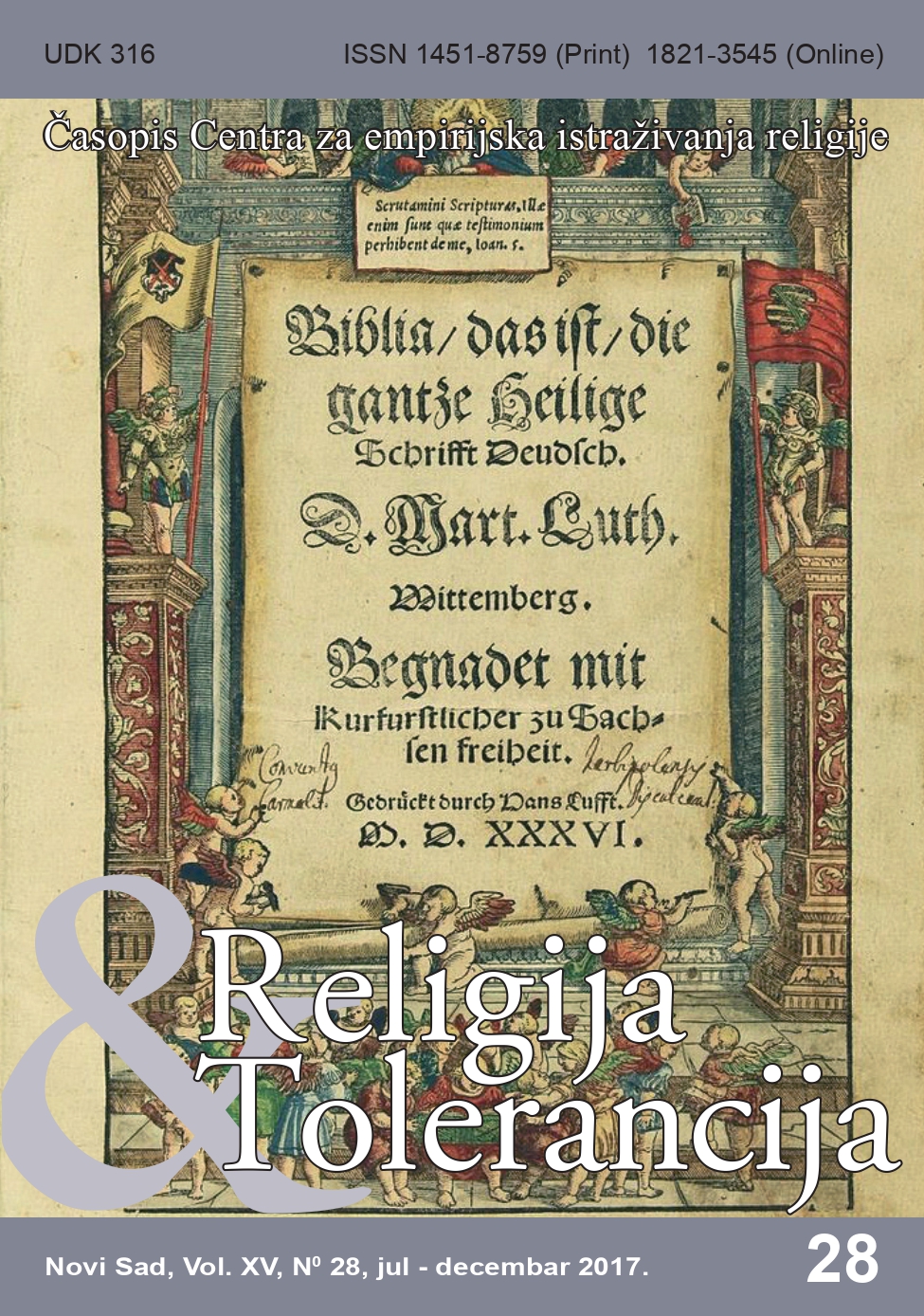ULOGA INSTITUCIJE DŽAMIJE U OČUVANJU IDENTITETA MUSLIMANA: SIMBOLIČKA I FUNKCIONALNA RAVAN
THE ROLE OF THE MOSQUE IN PRESERVING THE CULTURAL IDENTITY OF MUSLIMS: SYMBOLIC AND FUNCTIONAL DIMENSIONS
Author(s): Srđan BarišićSubject(s): Sociology, Theology and Religion, Islam studies, History of Religion
Published by: Centar za empirijska istraživanja religije (CEIR)
Keywords: mosque; masjid; Muslims; symbol; social interaction; architecture
Summary/Abstract: The author of this paper has tried to deal with the communicational, symbolic and functional role of mosque architecture. Since its first form, at the time of the Prophet Muhammad, throughout history, the mosque was the epicenter of not only religious, but also cultural identity of Muslims; the mosque coordinates time and space of Islamic community, and plays a very important role in maintaining the system of values of Muslims. From the masjid, throug small local mosque, community centre complex, large state mosque, to „megamosque“, the mosque plays an important role in messaging cultural and religious identity to its audiences.
Journal: Religija i tolerancija
- Issue Year: 15/2017
- Issue No: 28
- Page Range: 279-306
- Page Count: 28
- Language: Serbian

